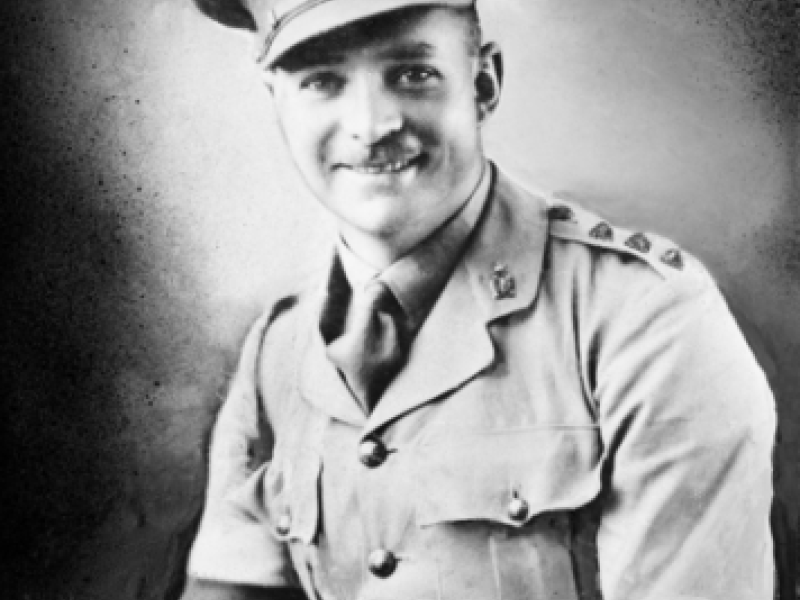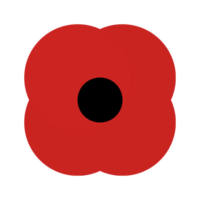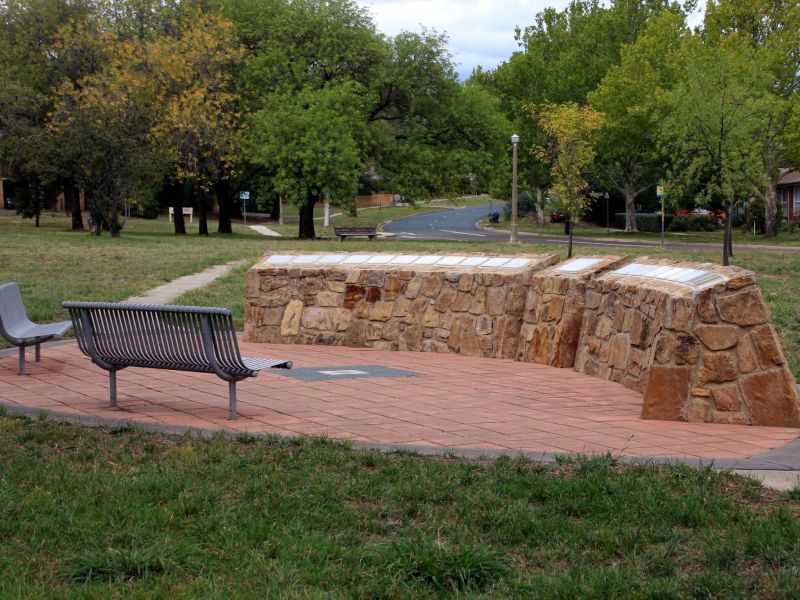Captain Lionel Colin Matthews, 8th Division Signals
Lionel Matthews was born on 15 August 1902 to Edgar and Ann Matthews of Stepney, Adelaide. He attended East Adelaide public school and Norwood High School. An enthusiastic member of the Boy Scouts and Sea Scouts, Matthews went on to become a scoutmaster. He was also a keen swimmer and lifesaver.
In 1935 he married Lorna Myrtle Lane, known as Myrtle, in Kensington, South Australia. They had one son, Lionel David.
Matthews had trained as a signalman in the Citizen Naval Forces, and later enlisted in the militia and was posted to the 3rd Division Signals. Following the outbreak of war, he transferred to the Australian Imperial Force and was later posted to the 8th Division Signals. In February 1941 he left Australia for Singapore.
In December 1941, the Japanese invaded Malaya, and while Matthews was with the 27th Brigade at Gemas, it came under heavy artillery and mortar fire. He maintained cable communications displaying a “high standard of courage, energy and ability in doing so”. Shortly afterwards he was promoted to captain.
On Singapore Island, Captain Matthews again demonstrated his courage in restoring communications between brigade and divisional headquarters by running a cable over ground “strongly patrolled by the enemy”. For these actions he was awarded the Military Cross.
On 15 February 1942, Matthews was one of thousands of Australians taken prisoner by the Japanese in the fall of Singapore. At first interned at the Changi POW camp, in July 1942 he became a member of “B Force” and was transported with some 1,500 other prisoners to Sandakan in Borneo.
During his time in captivity between August 1942 and March 1944, Matthews directed an underground intelligence organisation in Sandakan and arranged for the delivery of badly needed supplies.
An eyewitness later said “the copying of news bulletins in the camp where a search was likely at any moment, and organising the delivery of firearms to a secret rendezvous, required a courage that few would challenge”.
In July 1943, they were betrayed to the Japanese, and though Matthews had devised an escape and could have fled, he remained with his men and was arrested. Brutally tortured, Captain Matthews “steadfastly refused to make admissions under brutal torture, beatings and starvation”.
After months in Kuching, he was sentenced to death and executed by firing squad on 2 March 1944.
Captain Lionel Matthews was nominated for the George Cross, the highest award for “acts of the greatest heroism or of the most conspicuous courage in circumstances of extreme danger”.
Matthews was posthumously awarded the George Cross on 4 October 1949. The medal was accepted by his son, Lionel David Matthews, who in 2015, donated his father’s medals to the Australian War Memorial, where they are displayed in the Hall of Valour.
Captain Matthews was buried in the Labuan War Cemetery in Malaysia. He was 41 years old.
Dr Meleah Hampton, Military History Section

 Australian War Memorial
Australian War Memorial